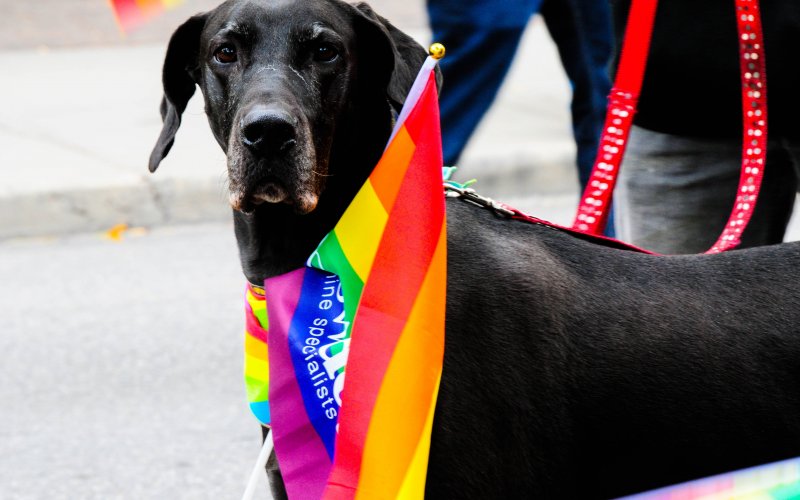Experts: Growing LGBTQ+ Community Faces Mental Health Challenges

ALBANY, N.Y. (March 2, 2021) – As the University continues its observation of “Gender & Sexuality Month,” several UAlbany experts are discussing LGBTQ+ issues with the media as they relate to mental health, discrimination and history.
Last week the U.S. House of Representatives passed the Equality Act, guaranteeing non-discrimination protections for LGBTQ people across key areas of life, including employment, housing, credit, education and federally funded programs. But the bill faces an uphill battle in the Senate.
Also last week, a new Gallup survey found a record number of U.S. adults – 5.6 percent – identify as LGBTQ+. This is up from 4.5 percent in the last poll, in 2017.
“Gender & Sexuality Month” at UAlbany is designed to support students facing concerns in a variety of areas, including relationships, gender and sexuality, HIV/AIDS, relationships, identity and reproductive health.
Experts include:
M. Dolores Cimini, licensed psychologist and director, Center for Behavioral Health Promotion & Applied Research
“Throughout history and even today, people who identify as lesbian, gay, bisexual and transgender face significant oppression and discrimination from society. Young people of traditional college age are affected by depression, anxiety and other mental health concerns as a result of living with these stressors every day. Through the education that we provide at the Center for Behavioral Health Promotion and Applied Research and the Middle Earth Peer Assistance Program, we hope to change the dialogue and move the dial on our knowledge and understanding.”
Carl Bon Tempo, associate professor, Department of History
“The change in the place of the LGBTQ community in American society over the last 40 years has been remarkable. Understanding that change requires understanding larger historical changes in politics, public opinion, culture and definitions of the nation’s identity. But, it is also important to understand that the victories of the LGBTQ community have been incomplete in some important ways and accomplished against often fierce resistance. If we’ve seen a revolution in this arena, it is an incomplete and unfinished one.”
Meredith Maroney, licensed psychologist and health promotion specialist, Counseling & Psychological Services
"LGBTQ people experience health and mental health disparities as a result of the chronic stressors associated with living in a heterosexist and cissexist society. Within the LGBTQ community, transgender and nonbinary (TNB) people face daily experiences of marginalization, such as misgendering and lack of access to TNB-affirming resources, which may disproportionately impact their mental health. Having resources, events, public accommodations, forms and policies that are intentionally TNB-inclusive is an important first step in making campus a more affirming place for TNB students."
Michelle Meyer, PhD candidate, School of Education, PhD candidate, Educational & Counseling Psychology
We must understand that the oppressive influences on people in LGBTQIATP+ community have pervaded most every aspect of life. Consider the college student, reading a textbook on ‘typical’ human development where gender roles are rigid and everyone is straight – are they not human? Consider how research on the binary gender differences between ‘males and females’ or ‘boys and girls’ immediately disregards intersex, nonbinary and gender non-conforming people – do they not matter? Consider seeing these exclusions every moment of every day, crushing oppression so inescapable that a person’s metric for quality of life diminishes. A person becomes accustomed to these structures, laced with the reminder that they – we – don’t belong.”




